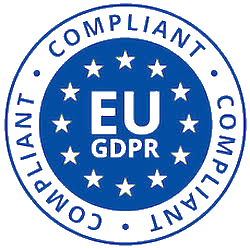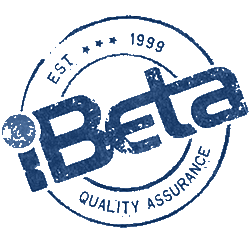With the advancement of technology, there has been a rise in fraud and cyber-crimes. Increasing online transactions create more money laundering opportunities for cyber-criminals. It has become imperative for financial institutions to use anti-money laundering techniques to prevent the risks of online thefts.
Anti-money laundering or AML verification seeks to deter criminals by making it difficult for them to hide illegally acquired money. These initiatives took center stage in 1989 when countries around the world formed the Financial Action Task Force (FATF). The International Monetary Fund (IMF) has also worked towards eliminating the menace of money laundering and online theft.
AML solutions are aimed at criminal activities such as trade in illegal goods, embezzlement of public funds, tax evasion, and market manipulation. But what is the need for AML compliance?
Importance of AML compliance
Mentioned below are some of the reasons why AML compliance is essential for all financial institutions:
- Rising fraudulent activities
The digital advancement and technological shift in financial activities have increased the chances of fraud in financial institutions. Cyber-criminals can manipulate any loophole in AML compliance of banks and financial institutions for their benefit. These fraud attempts have only increased in the time of the covid-19 pandemic. AML screenings reduce the chances of such fraudulent attempts.
- Increased customer trust
Customers feel secure with banks and financial institutions that take necessary measures to protect their customers from fraud. A good AML compliance program builds trust and satisfaction among customers and even increases the market value of the institution.
- Reputational risk in case of an AML crisis
Financial institutions, being long-standing institutions, depend hugely upon the reputation they have built in the market. Any case of money laundering, financial corruption, or theft will seriously damage their brand value. Businesses that want to secure their reputation must have a sound AML verification system in place.
- Increased regulatory fines in case of AML non-compliance
The risks involved in serving money launderers – either directly or indirectly – are high. Firms and institutions which do not comply with AML verification get discredited and suffer from monetary fines, loss of credit rating, temporary or permanent closure of the institution, etc.
What are the major components of an AML compliance program?
A major part of AML compliance is an ongoing screening of customers. This is followed by certain important steps to be fulfilled to develop an effective AML compliance program.
- Detecting suspicious financial transactions.
- Assessment of risk involved.
- Implementation of internal guidelines in the financial institution.
- Conducting independent audits.
- Appointing a trained AML compliance officer.
How can technology help in AML compliance?
No financial institution is either too big or too small to be targeted by malicious activities of cyber-criminals. Just as technology helps them carry out these high-end crimes, technology can be equally helpful in the prevention of such crimes. An essential part of AML compliance is the ongoing screening of customers. Modern AI-based AML solutions make this task easier and more accurate than manual screening.
For secure and effective AML solutions, get in touch with Accura Scan. Our AI-based software uses advanced API integration for service automation. We provide exceptional user experience in compliance with global data privacy standards. Our AML software gives speedy verifications, well-suited to your financial institution. For any queries, call us on +91 820-898-8751 or visit our website.



























